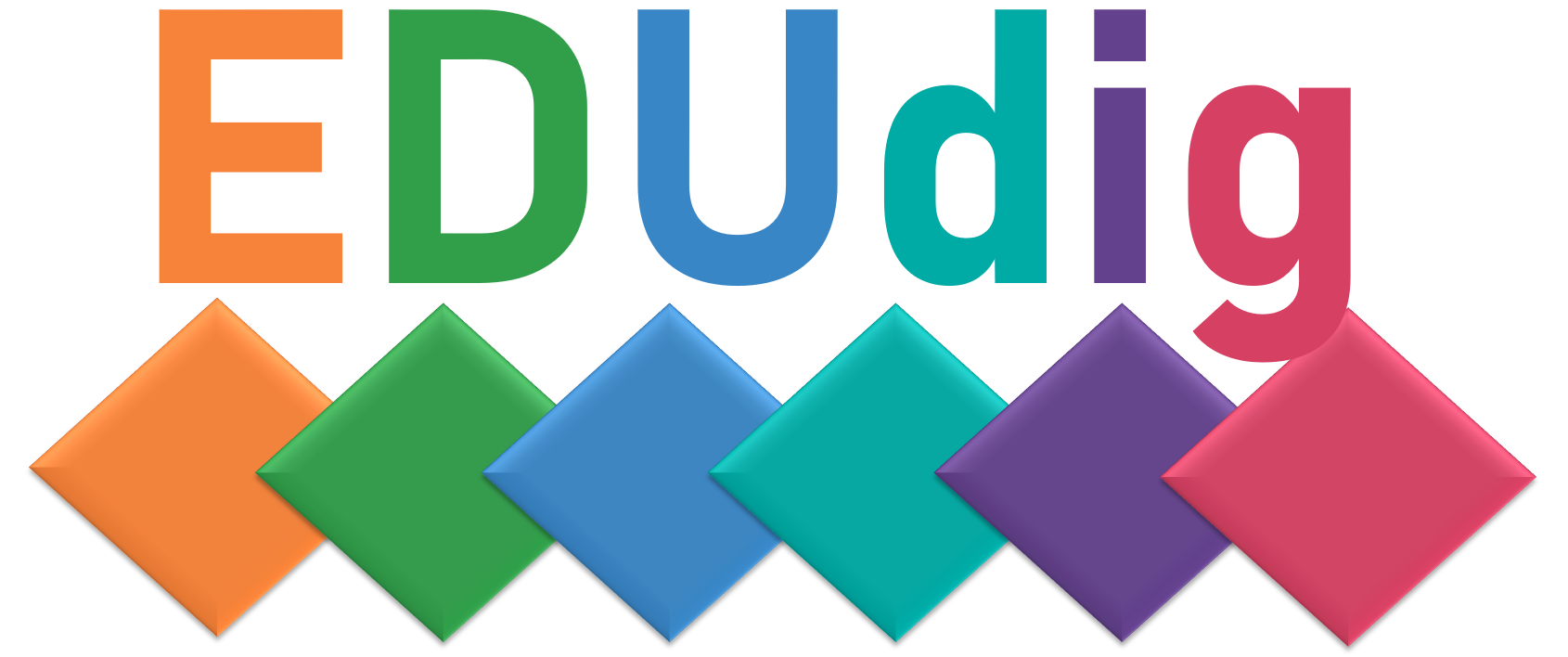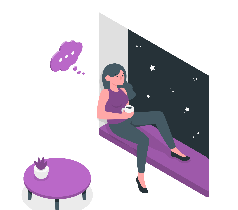Training
3.3 Consolidation and intensification
3.3.1 Reflect
For making the most of your activities for facilitating digitally enhanced collaborative learning, try to answer the following questions:
- To what extent do the collaborative learning approaches mentioned above help you to turn students into active participants and problem solvers?
- If you must choose one of the above approaches, which one helps you best to activate the students and get them present not only physically but socially?
- For you as an educator, what are the critical competences that learners develop when collaborating?
- How important are technologies in the development of these competences?
3.3.2 Takeaways
Here you have some takeaways for organising COIL that may also serve as tips to get started:
- The use of gamification elements is a helpful approach to increase student motivation and participation.
- In collaborative learning settings reflection loops and guidance are important measures to keep students actively engaged and to reach the defined learning goal.
- Developing a collaborative learning setting can take a lot of time, but once the structure is implemented, you can easily reuse the collaborative framework for other lectures.
3.3.3 Dig deeper
Here you have some sources where you may find more practical information:
- In the Collection of didactical and digital approaches and tools for educators: Content Collection – EDUdig
- YouTube Channel that offers information about using design techniques from games to improve learning outcomes, created by Marie-Jo Leroux:
https://www.youtube.com/@MarieJoLeroux - YouTube Playlist on Educational Escape Rooms, created by The Skeptical Educator
https://youtube.com/playlist?list=PLZlY6x0ziI7zyLPhN_GKUHjzYNea_tY-U
Here you have some references for further information:
Clarke, S., Peel, D.J., Arnab, S., Morini, L., Keegan, H., & Wood, O. (2017). EscapED: A framework for creating educational escape rooms and interactive games for higher/further education. International Journal of Serious Games, 4(3), 73–86.
Bideau, Y.M., & Kearns, T. (2022). A European approach to micro-credentials for lifelong learning and employability. Journal of European CME, 11(1), 2147288.
Ellis, B. (2021). A simple process and template for student podcasting. Technotes blog.
Haiken, M. (2021). Get your students creating their own podcasts.
Hicks, J., Winnick, L., & Gonchar, M. (2019). Project audio: Teaching students how to produce their own podcasts. The New York Times.
Kritz, W. (2021). Serious Games, Gaming Simulation und Gamification als didaktische Methoden. Impulsvortrag mit konkreten Praxisbeispielen aus der Lehre.
Muuro, M., Wagacha, W., Kihoro, J., & Oboko, R. (2014). Students’ perceived challenges in an online collaborative learning environment: A case of higher learning institutions in Nairobi, Kenya. International Review of Research in Open and Distributed Learning, 15(6), 132–161.
Neumann, K.L., Alvarado-Albertorio, F., & Ramírez-Salgado, A. (2020). Online approaches for implementing a digital escape room with preservice teachers. Journal of Technology and Teacher Education, 28(2), 415–424.
Somova, E., & Gachkova, M. (2016). An attempt for gamification of learning in Moodle. International Conference on e-Learning, 16, 6 pages.
Wu, Y. (2015). Designing gamification for collaborative learning in group work. Master’s Thesis. Lappeenranta: Technical University Lappeenranta.
Zygouris-Coe, V. (2019). Benefits and challenges of collaborative learning in online teacher education. In: T.L. Haefner, R. Hartshorne & R. Thripp (eds.) (2019). Handbook of Research on Emerging Practices and Methods for K-12 Online and Blended Learning. Hershey (PA): IGI Global, Chapter 2.

